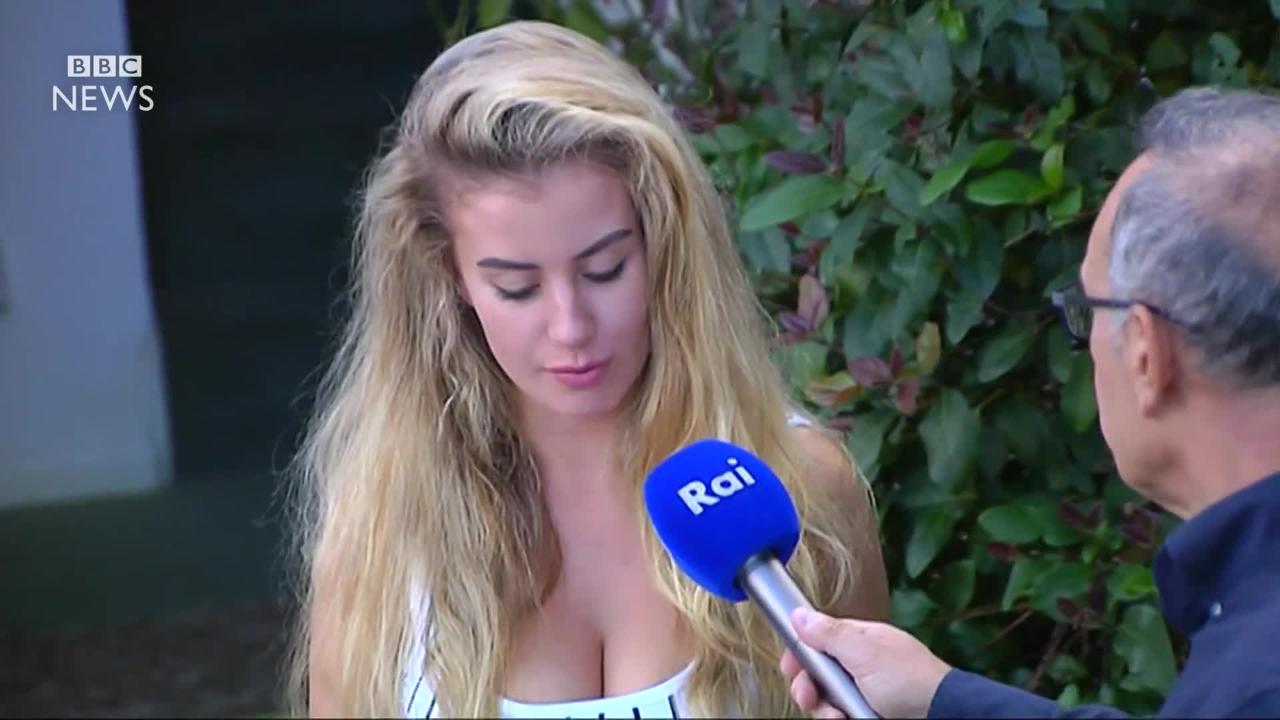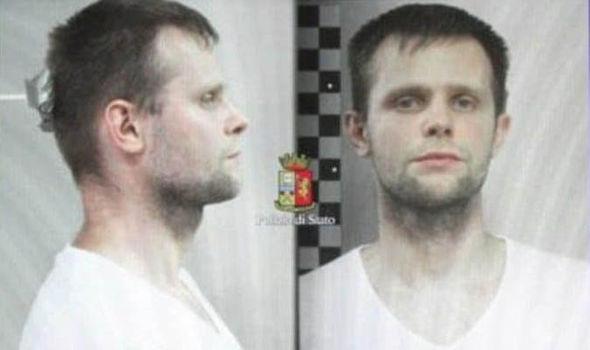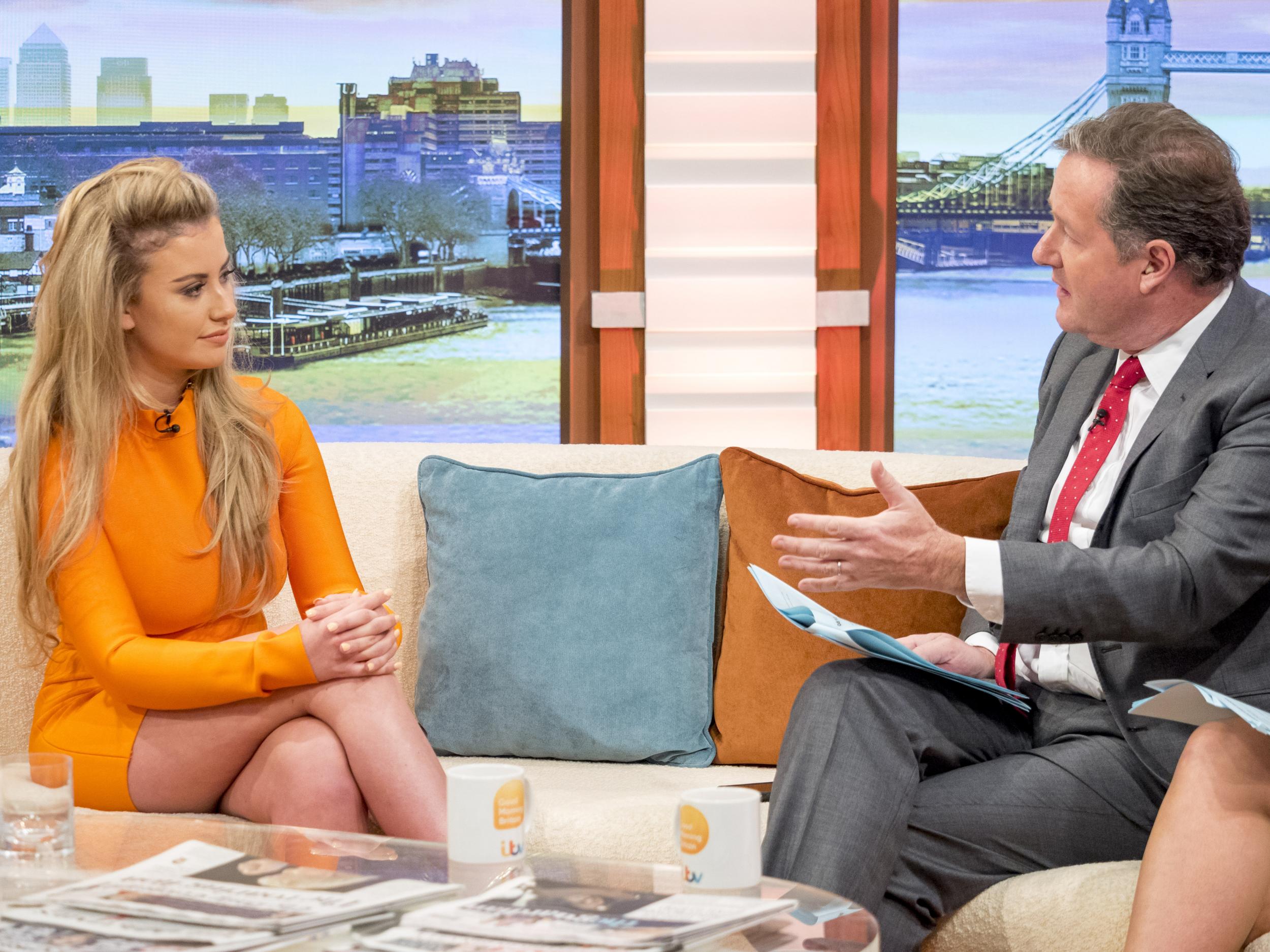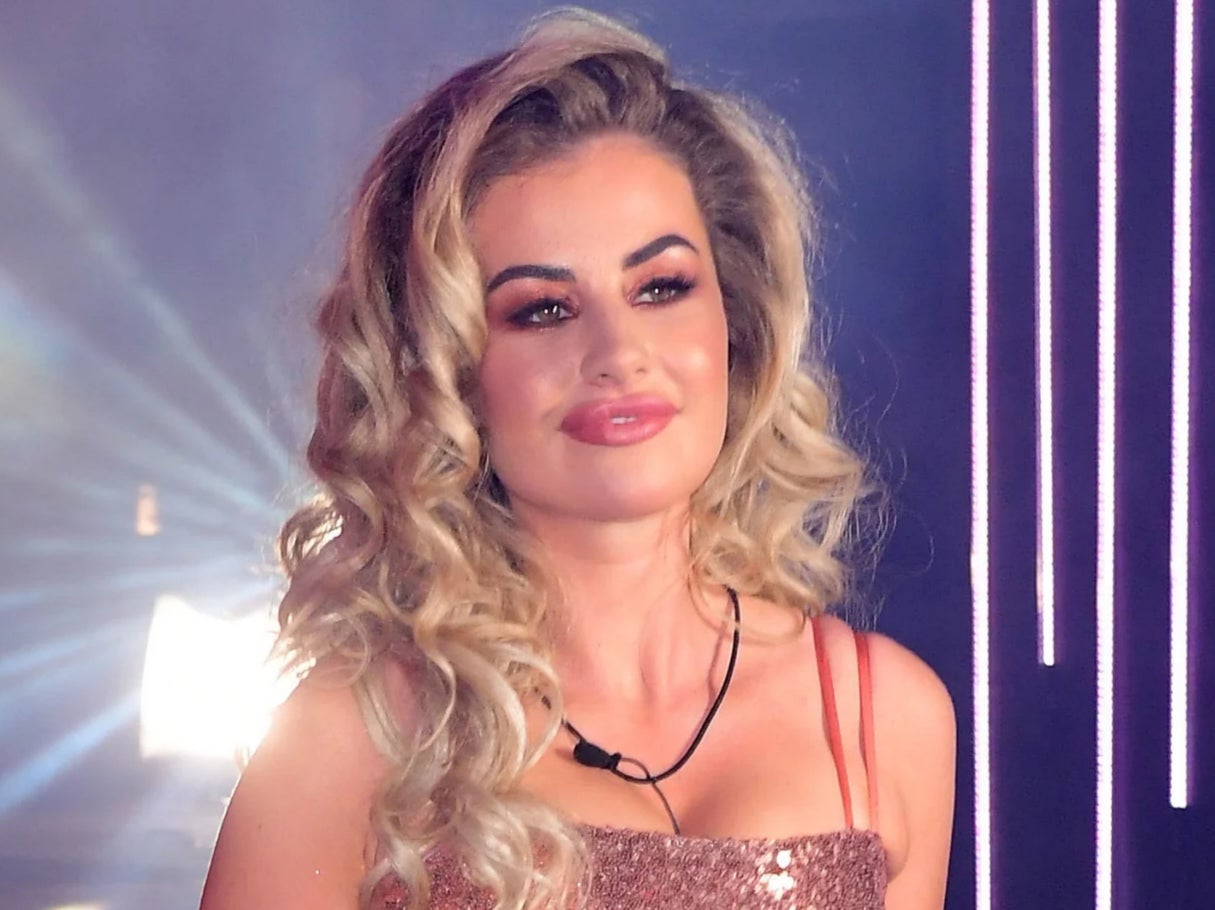Why did the public turn against Chloe Ayling? Sexism and class prejudice, the kidnapped model suggests
Her story will feature in new six-part BBC drama Kidnapped
Your support helps us to tell the story
From reproductive rights to climate change to Big Tech, The Independent is on the ground when the story is developing. Whether it's investigating the financials of Elon Musk's pro-Trump PAC or producing our latest documentary, 'The A Word', which shines a light on the American women fighting for reproductive rights, we know how important it is to parse out the facts from the messaging.
At such a critical moment in US history, we need reporters on the ground. Your donation allows us to keep sending journalists to speak to both sides of the story.
The Independent is trusted by Americans across the entire political spectrum. And unlike many other quality news outlets, we choose not to lock Americans out of our reporting and analysis with paywalls. We believe quality journalism should be available to everyone, paid for by those who can afford it.
Your support makes all the difference.In 2017, Chloe Ayling, a glamour model from south London was lured into attending a fake photoshoot in Milan for what she believed was a routine gig. Not long after landing, she was kidnapped and drugged and told she would be sold as a sex slave on the black market. Six days later however, her kidnapper drove her back to Milan and left her at the UK consulate.
Despite being drugged with ketamine and being told she would be fed to tigers, the nightmare only continued for the then 20-year-old, who arrived home to a media storm.
Ayling was ridiculed by media and scrutinised by the public who became obsessed with the idea peddled by her attacker’s defence team that the entire incident had been a PR stunt to further her career.
Seven years on from her horrific ordeal, a new six-part BBC drama, Kidnapped, will follow her kidnapping and the aftermath, which she believes was made worse by elements of misogyny and classism.
Ahead of the series airing on Wednesday, Ayling weighed in on online juries clinging to unfounded conspiracy theories in the wake of tragedy.

She believes her appearance as a glamorous model contributed to scrutiny around her story – drawing parallels with the case of the missing working class teenager Jay Slater in Tenerife.
“He wasn’t a model and he still got all that,” she told The Times. “Unless there’s concrete evidence like CCTV, victims are not believed. The only way you can prove people wrong is to be found dead. Until then, people have free rein to say what they like.”
Ayling’s story began in July 2017 when she was lured from her home in South London to Italy after accepting a modelling job in Milan.
However, when she arrived she was injected with ketamine and stripped down to her bodysuit before being brought to a remote farmhouse in a holdall bag.

Her kidnappers - Polish brothers Lukasz and Michal Herba - falsely told her that she had been kidnapped by a Romanian criminal gang called the Black Death.
She was told that she would be auctioned as a sex slave on the dark web if she couldn’t raise a $300,000 ransom fee and then be fed to tigers once the bidder had grown bored of her.
After realised that one of the brothers was infatuated by her, she convinced him she might one day be his girlfriend – an act of deception that may very well have saved her life.
Ayling may have thought that was the end of the terrifying ordeal, but it had only just begun. Her kidnappers - were charged but before the trial their lawyer suggested the kidnapping was a publicity stunt orchestrate by Ayling.
Unfortunately, the false claim became the dominant narrative in the story. Ayling’s body language and media interviews were intensely scrutinised as she was treated as a suspect rather than the victim she was.

She told The Times: “I feel like there was no [acknowledgment] of what I went through. I was never praised for my bravery getting out of that situation. Instead, I always have to defend myself.
“I saw people online judging if I was lying by analysing my body language in interviews. There’s a reason body language experts are not called to give evidence in court. So stupid!”
Questions were directed at the shorts she wore while giving a statement outside her home in the summer heat upon her return and daring to smile. CCTV footage of her holding hands with one of her kidnappers while out shopping also put her story in a harsh spotlight.
Piers Morgan was one of the media giants who aggressively questioned her on Good Morning Britain as he told her: “If you’re going to conduct media interviews where you’re being paid money, and you’re doing a book for thousands of pounds before there’s even been a trial, I think we’re perfectly entitled to ask you difficult questions.”
Ayling stood strong and ultimately, Lukasz was jailed for 16 years and nine months for the kidnapping, while his brother Michal, who was also sentenced to 16 years behind bars, has now been released following an appeal.

Even after the concrete evidence and prison sentences handed to her attackers, Ayling has still faced doubts about her story which only intensified as she published a book and appeared on Celebrity Big Brother in 2018.
She hopes the new BBC drama will show the world the real story and put to bed any doubts once and for all.
She told The Times: “Seeing it gave me chills because it’s such a relief. People will see all the evidence against [the Herbas] laid out word for word, without bias.
“At the time everything was so focused on me and no one was interested in how the brothers were changing their story every second to completely contradictory ones.”
All episodes of Kidnapped are on BBC iPlayer from 6am on August 14, with episodes airing on BBC3 from 9pm on Wednesday.

Join our commenting forum
Join thought-provoking conversations, follow other Independent readers and see their replies
Comments